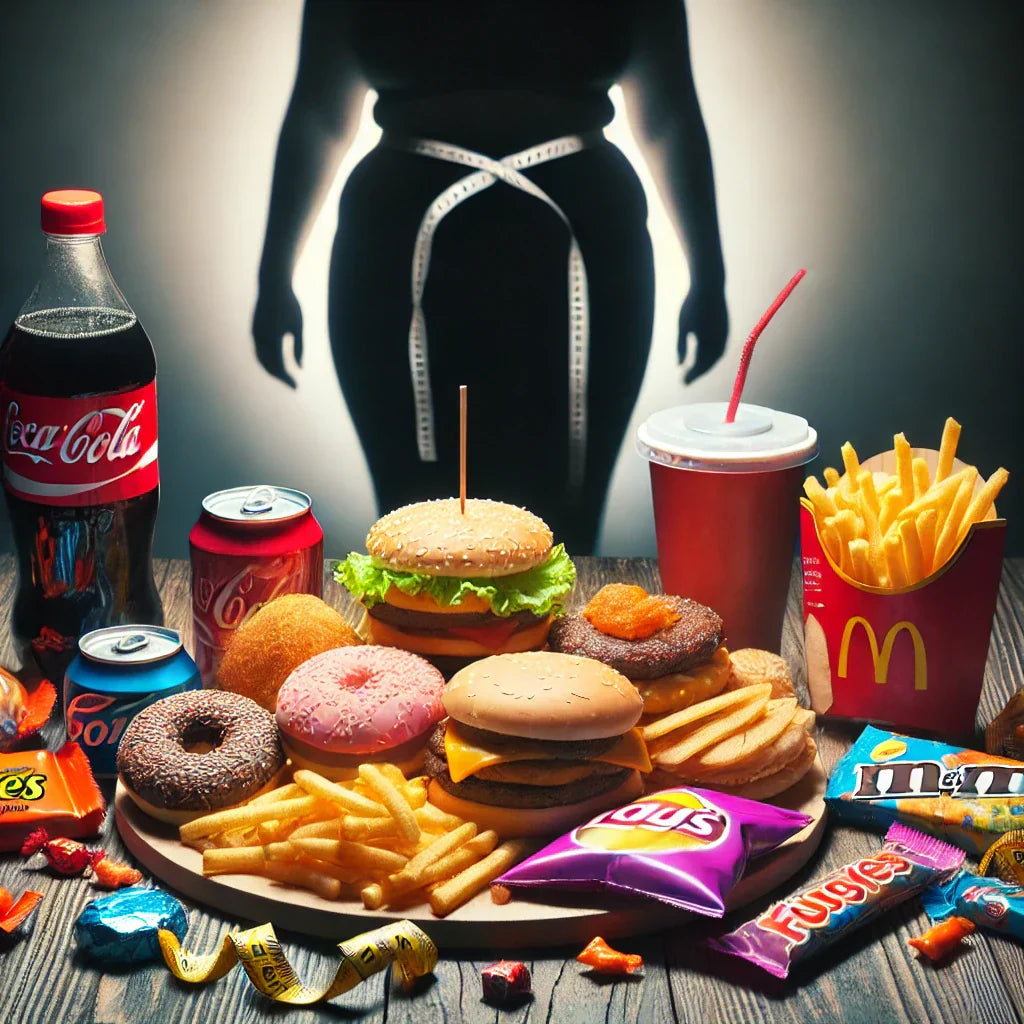News — obesity
Gallstones: Causes, Risks & Prevention Explained
bile imbalance causes of gallstones cholelithiasis cholesterol gallstones diet for gallstones digestive health family history gallstones gallbladder health gallstone prevention gallstone risk factors gallstones genetic risk gallstones hormones gallstones liver health Long Life Nutri medical conditions gallstones natural supplements obesity pigment gallstones rapid weight loss supplements gallbladder
Gallstones are a surprisingly common health issue, but for many people, the causes and risks remain shrouded in mystery. These small, hardened deposits can form in the gallbladder and lead to sudden pain, digestive troubles, or even serious complications if left untreated. By understanding what causes gallstones—and knowing your own risk factors—you can take proactive steps to protect your digestive health and avoid unexpected problems down the line.
Whether you’ve experienced symptoms, have a family history of gallstones, or simply want to stay informed, uncovering the underlying reasons for gallstone formation can make all the difference. This article dives deep into the causes and risk factors for gallstones, explains who’s most at risk, and offers practical advice for prevention. Knowledge is power—let’s find out if you’re at risk and what you can do about it.
The Weight Gain Trap: How Processed Foods Contribute to Obesity
artificial additives calorie-dense foods empty calories fast food food cravings food industry healthy eating insulin resistance junk food metabolism nutrition obesity obesity epidemic processed foods refined carbs sugar addiction trans fats unhealthy diet weight gain weight loss
Obesity rates have skyrocketed over the past few decades, and one of the biggest culprits is the increasing consumption of processed foods. These convenient, highly palatable products are designed to be addictive, packed with hidden sugars, unhealthy fats, and artificial ingredients that disrupt our metabolism and encourage weight gain.
Despite their convenience, processed foods are often calorie-dense but nutritionally poor, leading to overconsumption without providing the essential nutrients our bodies need. Understanding how these foods contribute to obesity can help us make informed dietary choices and break free from the processed food trap.


